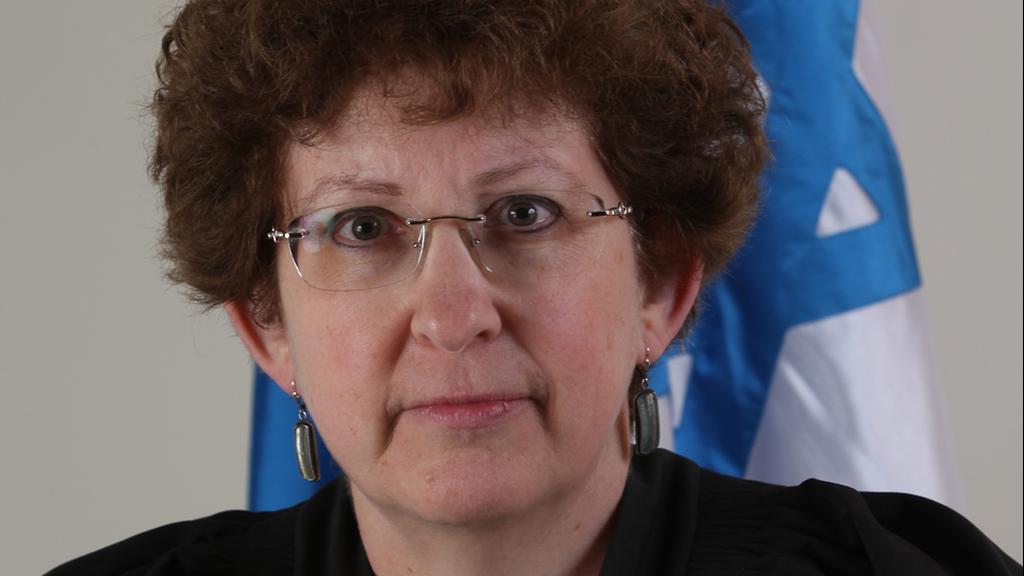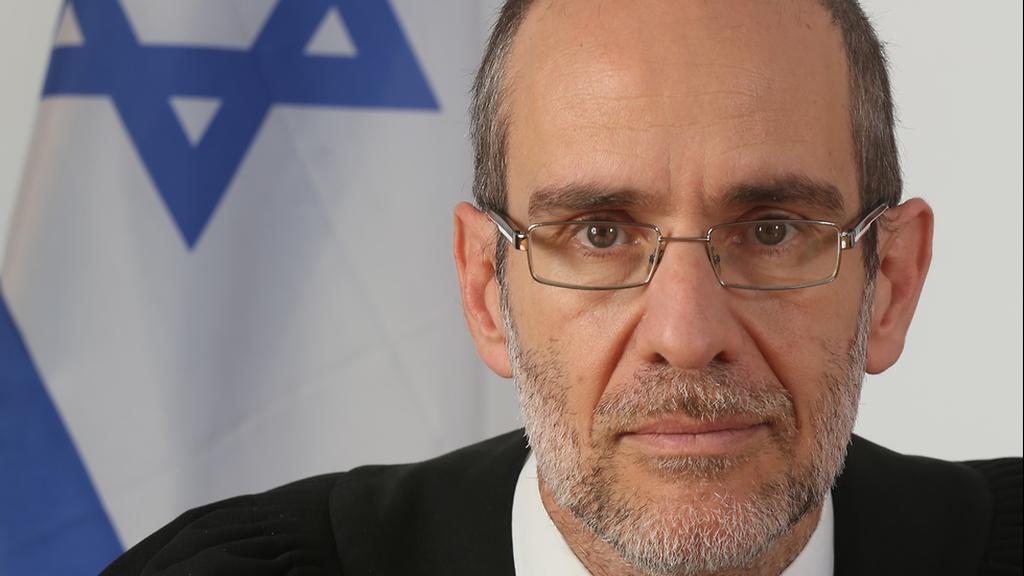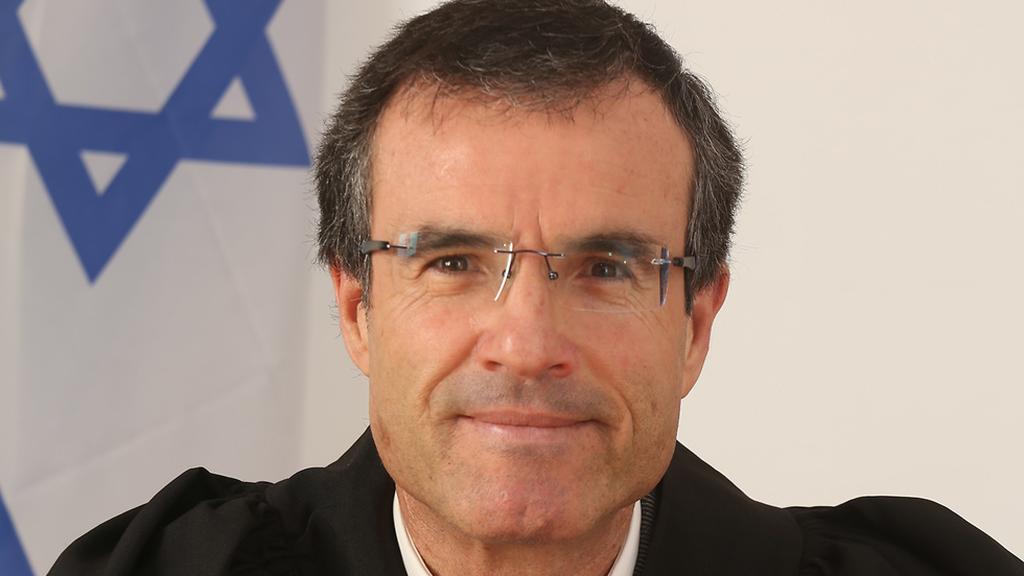Getting your Trinity Audio player ready...
As Prime Minister Benjamin Netanyahu goes to court for corruption charges on Sunday, becoming the first premier in Israel's history to stand trial while in office, he will for the first time face the three judges who will ultimately decide his fate.
Rivka Friedman-Feldman
A specialist in criminal law and corruption cases, she chairs the trio of judges.
Her official CV does not give her date of birth but says she finished high school in 1976.
Graduating from the Hebrew University of Jerusalem in 1981, she worked in a law firm before joining the state prosecutor's office.
She became a judge in the Jerusalem magistrates court in 1994 and in 2012 she was appointed to the Jerusalem district court.
Considered tough on graft, she was on the panel of judges that in 2014 sentenced former prime minister Ehud Olmert to prison for corruption on a series of charges, including bribes taken during the construction of the Holyland real estate mega-project in Jerusalem when he was mayor of the city.
Oded Shaham
Born in 1964, the law graduate also studied at the Hebrew University and is likewise considered a hardliner on corruption.
Shaham notably stood out in 2010 during the trial of Tzachi Hanegbi, a member of Netanyahu's Likud party who was accused of breach of trust in a political appointments case while he was minister of the environment.
In that case Shaham went against the other judges in recommending Hanegbi be convicted for corruption, highlighting the "values we teach our children" and the "kind of society in which we want to live".
Hanegbi was ultimately acquitted and has been appointed a minister in Netanyahu's office in the country's new government.
Moshe Bar-Am
Unlike his two colleagues, he has handled few corruption cases.
Born in 1960, Bar-Am also studied at the Hebrew University, graduating in 1990.
He became first a lawyer and then a judge at the lower court in the south of the country from 2000.




